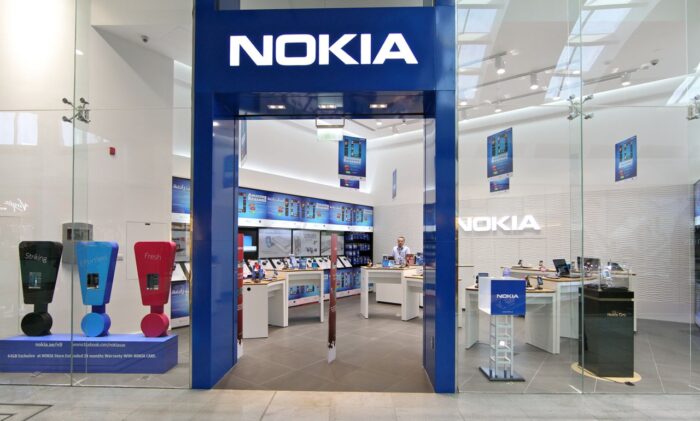The world is full of multiple personalities in each domain – be it human beings, be it corporates or SMBs, everyone has their own aura, function, and definitions. This is also the case with companies, which actually might look familiar or common to the human eye, but in reality, it has major differences.

To understand better, let us look at the four major types of corporations that dominated the global trade markets these days –
1) International Companies

- The operations of such companies lie in one single home country as the base center.
- These companies only export or import products from the home country.
- The offices, hence, only exist in the home country and there is no foreign direct investment in other countries.
- The functioning and strategies are derived mostly from the primary market which is the domestic home country market.
- They have to continuously adjust to trading norms of the home country.
- Spencers is an example in the Indian context.
2) Multinational Companies

- As the name suggests, these companies have direct operations in more than a single country, however, it is usually not a very large number.
- However, MNC’s have a centralized structure, with the head office in the home country calling all the shots.
- In this case, products are decided and developed by the head office and subsidiary offices do have options to adapt to local markets if needed.
- Adidas is an amazing example to explain multinational companies.
3) Transnational Companies

- These companies are operating in multiple countries, having foreign direct investment in all of them.
- Such companies follow a flexible approach, understanding and adapting to the local culture and demand of each country.
- Hence, offices in each country work in a decentralized manner with decision-making powers.
- Infact, subsidiary offices can launch and make products which might not be manufactured in the original home country, if there is a chance of demand.
- Nokia is one of the examples in the Indian context.
4) Global Companies

- These companies work to have a foothold in a large number of countries, usually larger than a Multinational Corporation.
- They, however, do not follow the system of having an official head office.
- Various subsidiaries are set but standard products are sold, without any flexibility in terms of adapting to local consumers.
- There is no change in branding or information about a global company, even if the country of operations changes.
- McDonald’s – a fast-food chain, is an exemplary example of this kind of companies.
Also Read: What Is The Difference Between Guarantee And Warranty
















